Acne is a common skin condition that affects many individuals. It can cause not only physical discomfort but also leave behind unsightly scars. These scars can have a significant impact on one’s self-esteem and confidence. While there are various professional treatments available, many people prefer natural and home remedies as a safer, more affordable option. This article will explore 16 effective home remedies to help you get rid of those stubborn acne scars.
What are Acne Scars?
Acne scars are the result of inflammatory acne lesions, such as pimples or cysts, that occur when the skin pores become clogged with excess oil, dead skin cells, and bacteria.
The severity of acne scars can vary, ranging from mild pigmentation changes to more pronounced and indented scars. Understanding the different types of acne scars is crucial in determining the most suitable treatment option.
1. Atrophic Scars
These are depressed or indented scars that are caused by a loss of tissue during the healing process. Atrophic scars can be further classified into three subtypes: ice pick scars (deep and narrow), boxcar scars (broad and shallow), and rolling scars (wave-like or undulating appearance).
2. Hypertrophic Scars
Unlike atrophic scars, hypertrophic scars are raised and occur when there is an overproduction of collagen during the healing process. These scars can be thick, firm, and raised above the skin’s surface.
3. Keloid Scars
Keloid scars are similar to hypertrophic scars in terms of raised appearance, but they extend beyond the boundaries of the original wound. Keloids are caused by an excessive production of collagen and can be itchy, painful, and may continue to grow over time.
4. Post-Inflammatory Hyperpigmentation (PIH)
PIH refers to the dark spots or patches that develop after an acne lesion has healed. These spots are caused by an increase in melanin production in response to inflammation. PIH is more common in individuals with darker skin tones.
5. Post-Inflammatory Erythema (PIE)
PIE is not technically a scar, but rather a discoloration of the skin. It appears as reddish or purplish patches and is caused by dilation of the blood vessels due to inflammation. PIE usually fades on its own over time but can take several months to fully resolve.
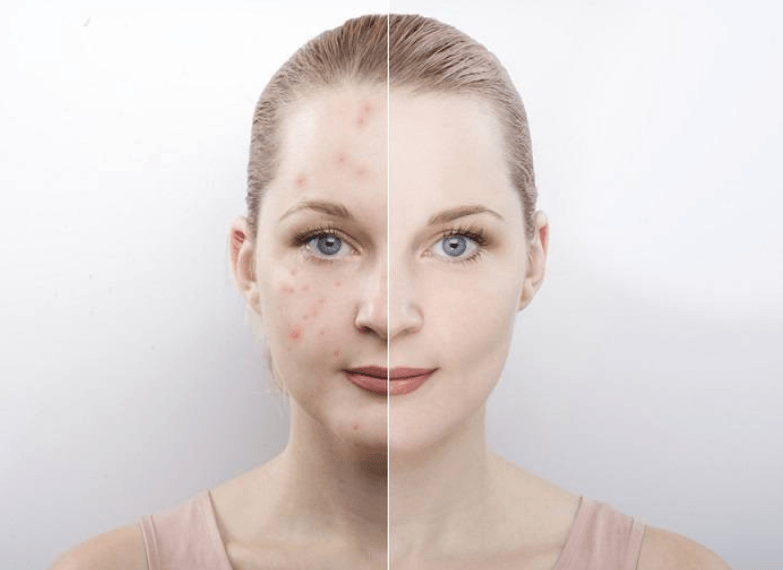
16 Home Remedies to Get Rid of Acne Scars
Now let’s delve into 16 best home remedies that have shown promising results in fading acne scars.
1. Aloe Vera
Aloe vera has been used for centuries for its healing properties, and it is no surprise that it can help with acne scars as well.
It contains vitamins, minerals, and antioxidants that aid in skin repair and rejuvenation. In addition, Aloe vera also has anti-inflammatory properties that can reduce redness and swelling associated with acne scars.
- Extract fresh aloe vera gel from an aloe vera leaf.
- Apply the gel directly to the affected area and massage gently.
- Leave it on for 30 minutes, then rinse with lukewarm water.
- Repeat this process twice daily for best results.
Studies have shown that aloe vera can improve the appearance of scars and promote collagen synthesis, leading to smoother and healthier-looking skin.

2. Lemon Juice
Lemon juice, with its natural bleaching properties, can help lighten acne scars and hyperpigmentation. The citric acid in lemon juice acts as a natural exfoliant, removing dead skin cells and promoting cell turnover.
- Squeeze fresh lemon juice into a bowl.
- Dilute the lemon juice with equal parts water or rosewater to avoid skin irritation.
- Using a cotton ball, apply the diluted lemon juice to the scars.
- Leave it on for 10-15 minutes, then rinse with cool water.
- Apply a moisturizer afterward, as lemon juice can be drying.
It’s important to note that lemon juice may cause skin sensitivity, especially in individuals with sensitive skin. Therefore, it is crucial to perform a patch test and avoid sun exposure after applying lemon juice to the skin.
Lemon juice is rich in vitamin C, which has been shown to have brightening and lightening effects on the skin. However, it is important to exercise caution when using lemon juice, as its acidic nature can cause irritation and redness in some individuals.
3. Use Honey to Get Rid of Acne Scars
Honey is not only delicious but also possesses remarkable healing properties for the skin. It is a natural humectant that can help lock in moisture, keeping the skin hydrated. Additionally, honey has antibacterial properties that can prevent further breakouts and reduce inflammation.
- Apply a thin layer of raw honey directly to the scars.
- Gently massage the honey into the skin for a few minutes.
- Leave it on for 20-30 minutes, then rinse with warm water.
- Repeat this process 2-3 times a week for optimal results.
Honey has been used for centuries in wound healing due to its antibacterial and anti-inflammatory properties. A study published in the Journal of Wound Care found that honey dressings can accelerate wound healing and reduce the risk of infection.
4. Coconut Oil
Coconut oil is a versatile natural remedy that offers numerous benefits for the skin, including scar healing. It contains lauric acid, which has antimicrobial properties that can prevent infection and reduce inflammation.
Additionally, coconut oil has moisturizing properties that can help improve the overall texture and appearance of the skin.
- Warm a small amount of virgin coconut oil in your hands until it becomes liquid.
- Gently massage the oil into the scars using circular motions.
- Leave it on overnight, or if preferred, rinse it off after 30 minutes.
- Repeat this process daily until you notice an improvement in your scars.
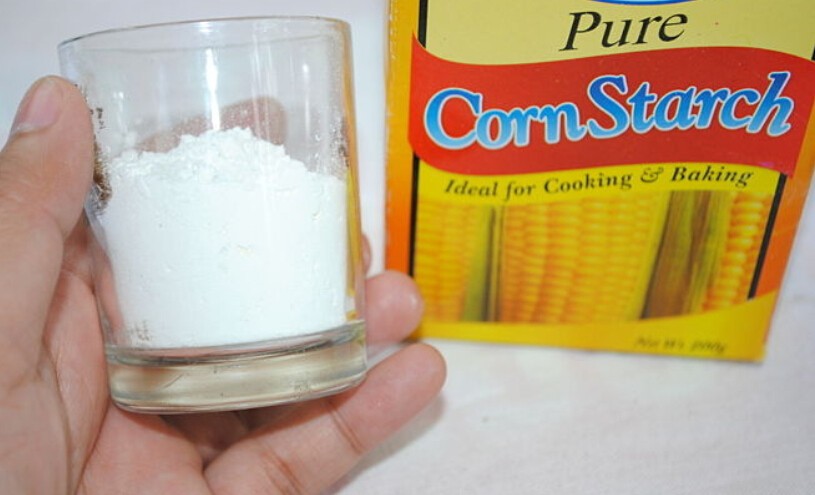
5. Baking Soda
Baking soda, or sodium bicarbonate, is a common household ingredient that can not only be used for baking but also skincare purposes.
It acts as a gentle exfoliant, helping to remove dead skin cells and promote cell turnover. Baking soda’s exfoliating properties can aid in reducing the appearance of acne scars.
- Mix 1-2 teaspoons of baking soda with enough water to form a paste.
- Apply the paste to the scarred areas and gently massage in circular motions for one minute.
- Leave it on for 2-3 minutes, then rinse with warm water.
- Moisturize your skin afterward, as baking soda can be drying.
Baking soda has exfoliating properties that help remove dead skin cells and promote cell turnover. However, it is important to note that baking soda may not be suitable for individuals with sensitive skin, as it can irritate.
6. Tea Tree Oil for Acne Scars
Tea tree oil is renowned for its antimicrobial and anti-inflammatory properties, making it an effective natural remedy for acne scars. It can help prevent new breakouts and reduce redness and swelling associated with acne scars.
- Dilute tea tree oil with a carrier oil, such as coconut oil or jojoba oil, in a 1:1 ratio.
- Apply the diluted mixture to the scars using a cotton ball or clean fingertips.
- Leave it on for 20-30 minutes, then rinse with cool water.
- Repeat this process once or twice daily.
Tea tree oil has been studied for its antimicrobial properties, particularly against the bacteria responsible for acne. A study found that a 5% tea tree oil gel significantly reduced the number of acne lesions and improved overall acne severity.
7. Apple Cider Vinegar
Apple cider vinegar (ACV) is a popular natural remedy for various skin conditions, including acne scars. It contains acetic acid, which has antimicrobial properties and can help fade scars over time. ACV also acts as a natural toner, balancing the skin’s pH levels and reducing inflammation.
- Mix equal parts raw, unfiltered ACV, and water.
- Soak a cotton ball in the diluted ACV solution.
- Gently apply the toner to the affected areas.
- Leave it on for 5-10 minutes, then rinse with cool water.
- Moisturize your skin afterward.
ACV has been used for centuries in various skincare remedies due to its potential antibacterial and exfoliating properties. However, it’s important to note that ACV is highly acidic and should always be diluted to prevent skin irritation.
8. Essential Oils (Lavender, Rosehip)
Essential oils, such as lavender and rosehip oil, have gained popularity in skincare due to their numerous benefits.
Lavender oil has soothing properties that can help calm irritated skin and promote scar healing. Rosehip oil, on the other hand, is rich in essential fatty acids and antioxidants that can improve the appearance of scars.
- Dilute a few drops of lavender or rosehip oil with a carrier oil, such as jojoba oil or sweet almond oil.
- Apply the diluted mixture to the scars and gently massage it into the skin.
- Leave it on overnight, or if preferred, rinse it off after 30 minutes.
- Repeat this process daily until you see noticeable improvements in your scars.
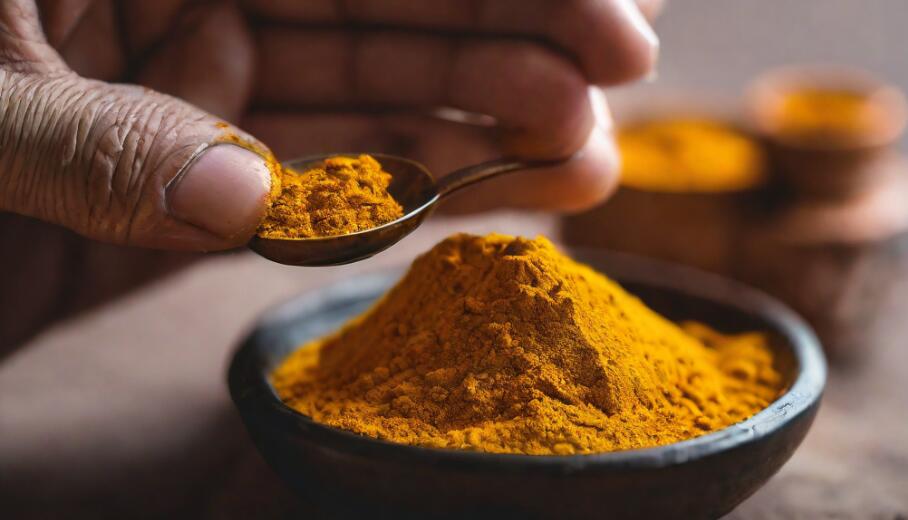
9. Turmeric Powder
Turmeric, a vibrant yellow spice commonly used in cooking, has also been used for centuries in traditional medicine for its anti-inflammatory and antioxidant properties.
Curcumin, the active compound in turmeric, has been extensively studied for its potential in wound healing and scar reduction.
- Mix 1-2 teaspoons of turmeric powder with enough water or honey to form a paste.
- Apply the paste to the scars and leave it on for 15-20 minutes.
- Rinse with lukewarm water and pat dry.
- Repeat this process 2-3 times a week for optimal results.
Turmeric has been shown to have anti-inflammatory, antioxidant, and antimicrobial properties. A study found that curcumin, the active compound in turmeric, can inhibit scar formation by suppressing inflammation and promoting collagen synthesis.
10. Natural Exfoliants (Sugar Scrub, Oatmeal)
Exfoliation is an essential step in any skincare routine, as it helps remove dead skin cells, promote cell turnover, and improve the texture of the skin.
Using natural exfoliants, such as sugar scrub and oatmeal, can be an effective way to reduce the appearance of acne scars.
- Mix 1/4 cup of granulated sugar with enough olive oil or coconut oil to form a paste.
- Gently massage the sugar scrub onto the scars using circular motions.
- Leave it on for 5-10 minutes, then rinse with warm water.
- Moisturize your skin afterward.
To create an oatmeal exfoliating mask for acne scars:
- Grind 1/4 cup of oatmeal into a fine powder using a blender or coffee grinder.
- Mix the oatmeal powder with enough water or honey to form a paste.
- Apply the paste to the scars and leave it on for 15-20 minutes.
- Rinse with lukewarm water and pat dry.
Exfoliation helps remove dead skin cells and stimulates collagen production. However, it’s important to exfoliate gently and avoid over-exfoliating, as this can cause skin irritation and inflammation.
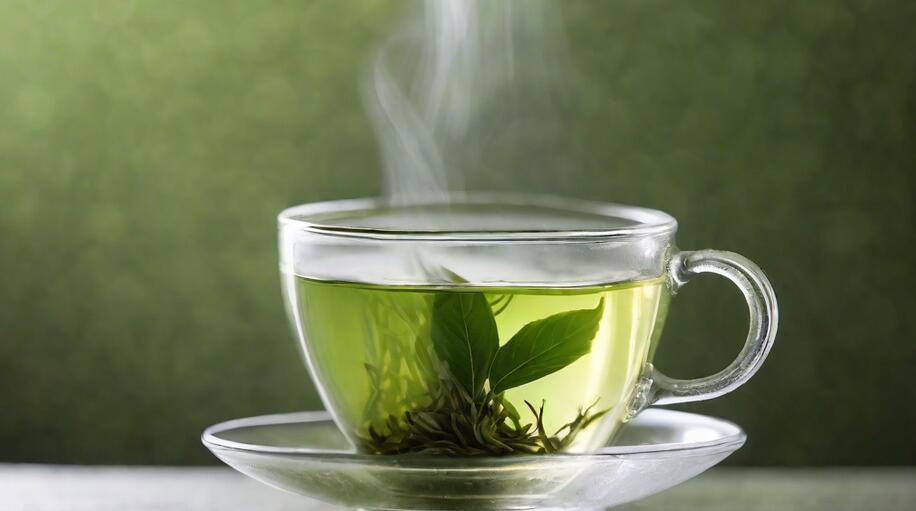
11. Green Tea
Green tea is rich in antioxidants and has anti-inflammatory properties that can help reduce the appearance of acne scars. It contains catechins, which have been shown to promote collagen production and improve skin elasticity.
- Steep a green tea bag in hot water for a few minutes.
- Allow the tea to cool down, then apply it to the scars using a cotton ball.
- Leave it on for 10-15 minutes, then rinse with cool water.
- Repeat this process 2-3 times a week for optimal results.
Green tea can also be consumed regularly to reap its antioxidant benefits and support overall skin health.
12. Use Potato to Remove Acne Scars
Potatoes contain enzymes and vitamin C that can help lighten acne scars and promote skin healing. They also have anti-inflammatory properties that can reduce redness and swelling.
- Grate a raw potato and extract the juice.
- Apply the potato juice to the scars using a cotton ball or your fingertips.
- Leave it on for 15-20 minutes, then rinse with lukewarm water.
- Repeat this process 2-3 times a week for optimal results.
Potatoes can also be sliced and placed directly on the scars for a cooling and soothing effect.
13. Try Cucumber to Get Rid of Acne Scars
Cucumber has a cooling and soothing effect on the skin, making it an excellent remedy for acne scars. It contains vitamins A and C, which can promote collagen production and improve skin elasticity.
- Grate a cucumber and extract the juice.
- Apply the cucumber juice to the scars using a cotton ball or clean fingertips.
- Leave it on for 15-20 minutes, then rinse with cool water.
- Repeat this process 2-3 times a week for optimal results.
You can also place cucumber slices directly on the scars for a refreshing and calming experience.

14. Olive Oil
Olive oil is not only a healthy cooking oil but also a beneficial skincare remedy. It contains vitamins E and K, which can help nourish and repair the skin. Olive oil also has moisturizing properties that can improve the texture and appearance of acne scars.
- Warm a small amount of extra virgin olive oil in your hands.
- Gently massage the oil into the scars using circular motions.
- Leave it on for 30 minutes, then rinse with lukewarm water.
- Repeat this process daily until you notice an improvement in your scars.
Olive oil can also be mixed with a few drops of lemon juice for added benefits. However, it’s important to perform a patch test and avoid sun exposure after applying olive oil to the skin.
15. Use Tomato to Get Rid of Acne Scars
Tomatoes contain lycopene, a powerful antioxidant that can help reduce inflammation and promote skin healing. They also have astringent properties that can tighten the pores and improve the overall texture of the skin.
- Mash a ripe tomato into a pulp.
- Apply the tomato pulp to the scars and leave it on for 15-20 minutes.
- Rinse with cool water and pat dry.
- Repeat this process 2-3 times a week for optimal results.
Tomato can also be combined with other natural ingredients, such as honey or lemon juice, for enhanced benefits.
16. Rosewater
Rosewater has been used for centuries for its soothing and healing properties. It can help hydrate the skin, reduce redness, and promote scar healing.
- Apply rosewater directly to the scars using a cotton ball or spray it onto the affected areas.
- Gently massage the rosewater into the skin for a few minutes.
- Leave it on for 15-20 minutes, then rinse with cool water.
- Repeat this process daily or as needed.
Rosewater can also be used as a toner to refresh and balance the skin throughout the day.

Prevent Acne Scars with Lifestyle and Diet Change
In addition to home remedies, certain lifestyle and dietary factors can contribute to scar healing and overall skin health. Here are a few considerations to keep in mind:
- Maintain a healthy and balanced diet: Consuming a diet rich in fruits, vegetables, whole grains, and lean proteins can provide your body with the necessary nutrients for skin health. Avoiding excessive sugar, processed foods, and unhealthy fats can help reduce inflammation and promote healing.
- Stay hydrated: Drinking an adequate amount of water throughout the day can help keep your skin hydrated and improve its overall appearance. Aim for at least 8 glasses of water per day.
- Protect your skin from the sun: Excessive sun exposure can worsen the appearance of scars and cause hyperpigmentation. Always apply a broad-spectrum sunscreen with an SPF of 30 or higher before going outside, even on cloudy days.
- Avoid picking or popping acne: Picking or popping acne lesions can lead to further inflammation and increase the risk of scarring. Practice good skincare habits, including gentle cleansing, and avoid touching your face with dirty hands.
When to See a Professional?
While home remedies can be effective in fading acne scars, there may be instances when professional treatments are necessary.
If your acne scars are severe, and deeply indented, or if home remedies haven’t yielded satisfactory results, it may be time to consult a dermatologist. Professional treatments for acne scars include:
- Chemical peels: A chemical solution is applied to the skin to exfoliate the outer layer and promote new skin growth.
- Microdermabrasion: A minimally invasive procedure that uses a diamond-tipped device to gently exfoliate the skin and improve its texture.
- Microneedling: Fine needles are used to create controlled micro-injuries to the skin, stimulating collagen production and reducing the appearance of scars.
- Laser therapy: Various laser treatments can target acne scars and promote collagen remodeling for smoother skin.
A dermatologist can assess your specific concerns and recommend the most suitable treatment option based on your skin type, scar type, and desired outcomes.
FAQ
Q: Are these home remedies suitable for all skin types?
A: While these home remedies are generally safe, it’s essential to consider your individual skin type and sensitivity. Perform a patch test before trying any new remedy and discontinue use if you experience any adverse reactions.
Q: How long does it take to see results from these home remedies?
A: Scar healing is a gradual process, and results may vary depending on the severity of the scars and individual skin characteristics.
Consistency is key when using home remedies, and it may take several weeks or months to notice visible improvements in the appearance of acne scars.
Q: Can these home remedies completely remove acne scars?
A: The effectiveness of home remedies in completely removing acne scars can vary depending on the severity of the scars and individual skin characteristics.
While these remedies can help fade scars and improve overall skin appearance, complete removal of deep or severe scars may not be achievable with home remedies alone.
Q: Are there any side effects or risks associated with these home remedies?
A: While these home remedies are generally safe for most individuals, there can be potential risks and side effects.
It’s important to perform a patch test before using any new remedy to check for any allergic reactions or skin sensitivities. Some ingredients, such as lemon juice or essential oils, can cause skin irritation or sun sensitivity in certain individuals.

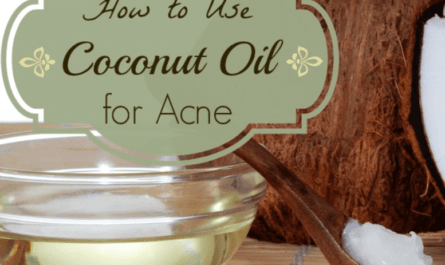
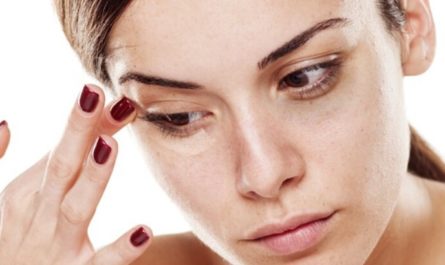
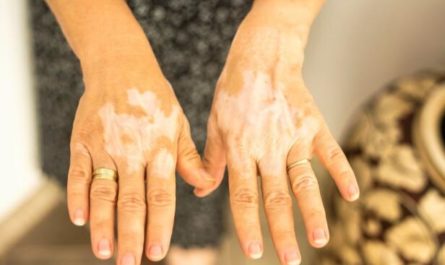
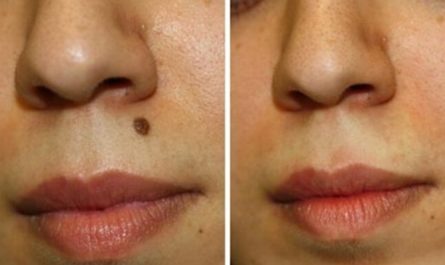
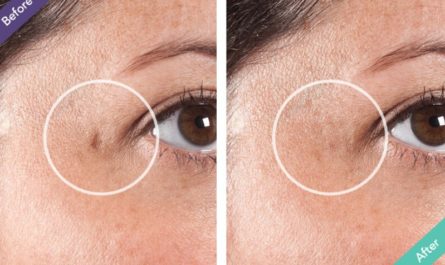
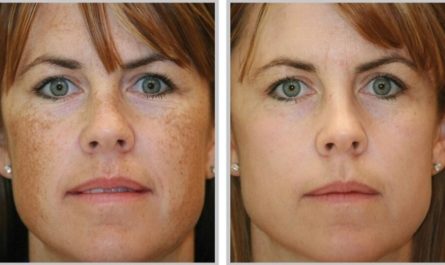
Excellent advice! I always drink a huge glass of water before bed – it makes you feel so much better in the morning.
You are right; nobody like scars on the face or body. It’s nice of you to share all the information and causes about acne scars.
Acne and scars are common problem in teenagers. These problems are diminishing their beauty and they feel discomfortable. This information will help to get rid from such problem.
I hate thus I have zits all over
baking soda and baking powder are same??????????????????
Baking powder contains baking soda, but the two substances are used under different conditions.
Generally, pimples and acne problems are seen in teenagers. I just really feel amazing after I have tried such remedies as u have shown.
Thank you Sir.
Sir
I heared that digestive problems will also make pimples is it right. And what should i do for relief from dandruff??
I use to apply lemon before o goes to bed and during day time is it possible for me go on sun ??
If you are having digestive problems, it’s possible that your body is reacting in an outward way. I suggest you try to eat lots of fresh fruits and vegetables, lean meats, and no sugary foods.
I have a lot of white small pimpels in my chin and I can”t get rid of them they are only in my chin after I popped them they look worse and make me feel stressed what should I use now
Can you change African Americans to people of African descent. There are people of coulor in other countries who are clearly not American.
Don’t rub, press or squeeze our pimples.It risk spreading the bacteria to other areas. You can apply lemon juice to your skin with a cotton ball before go to bed.
sir
I have acne pimples with white pus some times and blak scars of pimples. and pimples grow after a week. what should i doo to remove scars and pimples
Dear sir, I’m suffering from old scar. Is there any treatment so that I will get rid. Thanks
Lemons contain ascorbic acid, vitamin P, and phytoncides which suppress and kill the reproduction and growth of acne bacteria. i used to use just pure lemons, BUT THEY ARE too harsh. I did more research and I found the Citrus Clear products (www.CitrusClear.com ) and they have lemon extract and oils in their products that work better and are LESS abrasive than using actual lemon juice. It has taken away ALOT of my acne scarring, and keeps my fresh clean of oil. Been using for 1+ years now and it works great.
Dr,I have old spots in my body,since I was stil young.if I use FENUGREEK SEED,wil it remove them completly?
Yes,Fenugreek seed contains powerful anti-oxidants that yield huge profits in treating skin issue.
You ought to be a part of a contest for one of the finest blogs on the net.
I most certainly will recommend this web site!
Pimples and Acne problems occur due to multiple problems, you need to take necessary steps like applying few face masks, taking care of your skin by going to any beauty salon or parlor etc. Making use of some micro dermabrasion machines at your home for getting rid of acne is also a good idea.
Thank you for this blog! I found that in my process aloe vera worked well. But like always it takes time and patience is one of the best things you can have in the process. I thank God though because I know it could be worse and through time it has healed and is continuing to heal.
I want gathering utile information, this post
has got me even more info!
Rattling clear site, thank you for this post.
I love to use vitamin A, helps with stress!
Excellent list, I use lemon daily!
Excellent site you’vᥱ got here.. It’s difficult to fіnd quality
writing like yours theѕе dɑys. I гeally apprecіate individuals ⅼike you!
Тake care!!
I don’t even know the way I stopped up here, but I thought this put up was great.
I don’t recognise who you’re but definitely you are going to a well-known blogger if you happen to aren’t already.
Cheers!
Thanjks you my friend!
I am almost 65 y o.
did not have very bad acne as a teen, but did have some on my nose and chin areas. Now I have enlarged pores-especially on nose- of which I am very self-conscious. Any home remedy advice for the enlarged pores?
Thank you Alyce for sharing this information. What products specifically from Citrus Clear have been successful with healing your acne scars? I would like to try these products. I appreciate your help.
I do not about other ingredients but I use aloe vera with olive oil every other day and its work great.